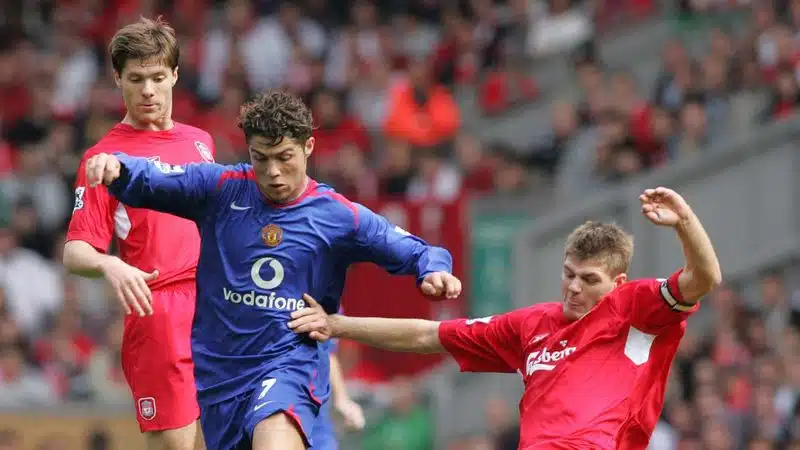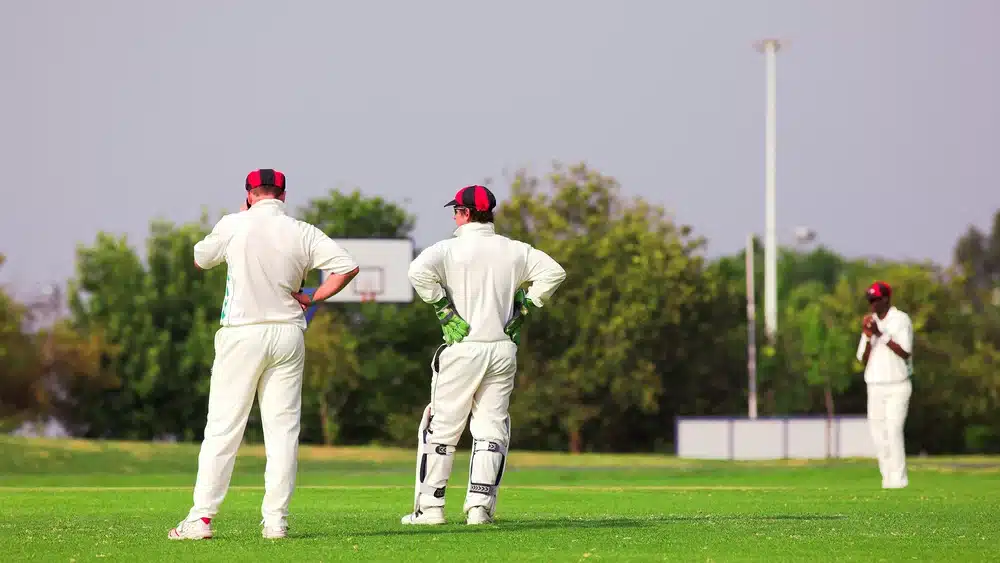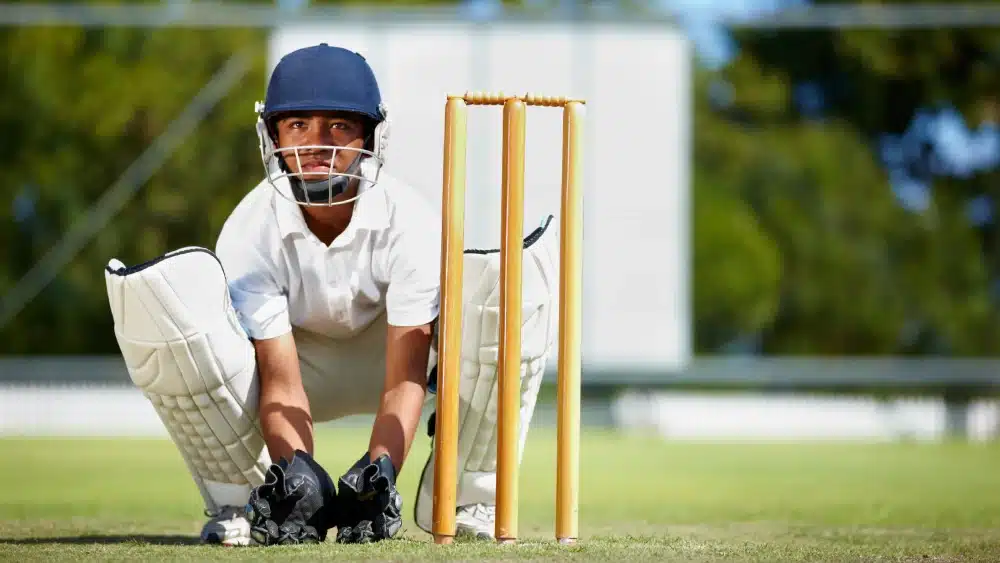
Manchester City’s astronomical rise over the past decade has led to the proposition that their intercity rivalry with Manchester United has transcended the latter’s friction with Liverpool.
Speaking of the context though, former Manchester United striker Wayne Rooney – ahead of his team’s 166th meeting against Liverpool in 2013 – was totally against this conjecture. "City have had their success recently, but I would probably say that United and Liverpool is still the biggest game," said United’s then captain.
This statement wasn’t particularly based on Rooney’s personal hate for Liverpool. This assertion rather speaks the language for all the parties involved. Indeed, the recent ‘mutual hate’ amongst the respective supporters is largely based on the success these two clubs have had, but the origin or the beginning of his rivalry actually dates back to the industrial revolution of the early 19th century.
A brief history
By the late 18th century, Liverpool, as a city, grew as country’s major seaport, while Manchester thrived on the back of its superior textile factories. With the goods flowing in and out of the country, Liverpool benefitted to a through several source. For instance, they charged Manchester heavy duties on all their exports.
Thus, to avoid all that extra flow of cash, Manchester, in 1894, built the ship canal, which turned out to be a massive economical loss for Liverpool. The city lost a vast chunk of its income, while several jobs were lost, as the ships no longer docked at their port.
And that ship-styled design on United’s and Manchester City’s crest represents Manchester Ship Canal and Manchester's trade roots.
The football connection:
Just three months after the completion of ship canal in Manchester, Liverpool met United – then known as Newton Heath – for the first time, which ironically was a game for a place in the First Division. Newton Heath had finished their 1893/94 season at the bottom of the First Division, while Liverpool went undefeated in their title winning season in the Second Division. This meant that the clubs were playing for the right to play in the First Division the following season.
Liverpool defeated Newton Heath 2-0, and thus began the rivalry.
Liverpool’s early success:
Having won their first league title in 1901, Liverpool’s dominance stretched all the way towards the 1970s and 1980s. By the end of 1990, Liverpool took home as many as 18 First Division titles and four European Cups, thus becoming the most successful club in the country.
This supremacy, however, started diminishing following the arrival of Sir Alex Ferguson in Manchester United in 1986. United’s buildup started soon after the Scot threatened Liverpool to 'knock them off their f****** perch,' and the rest, as they say, is history.
Under Ferguson, United won 13 Premier League titles, and this took United’s tally of First Division honours to 20. The job of knocking Liverpool off the perch was done.
Means big for the players and supporters:
Since Phil Chisnall transfer from United to Liverpool in 1964, no player has directly switched alliance. Manchester United taking on Liverpool is always a heated affaire, to say the least. In a no holds barred challenge, players have shown no mercy to opponents, and the fans have reacted likely. The 1996 FA Cup final had one such incident. The game was decided through a brilliant goal from Eric Cantona, which resulted in one fan spitting at the Frenchman. One fan also threw a punch at Ferguson but was fortunately unsuccessful.
Meanwhile, an incident occurred in the 90s where an egg was thrown at Ferguson has led to the home supporters being banned from the away entrance at Anfield.
Another incident dates back to 2011 when Liverpool’s then striker, Luis Suarez, refused to shake hands with United’s Patrice Evra after allegedly racially abusing the left-back.
No matter what they say, these two clubs, who have won 38 league titles, 9 European Cups, 1 UEFA Cup Winners' Cup, 5 UEFA Super Cups, 19 FA Cups, 13 League Cups, 2 FIFA Club World Cup, 1 Intercontinental Cup and 36 FA Community Shields amongst each other, will always be on the neck of each other in a battle of supremacy, and will always be bigger than.
Feature image courtesy: AFP / Martyn Harrison



















